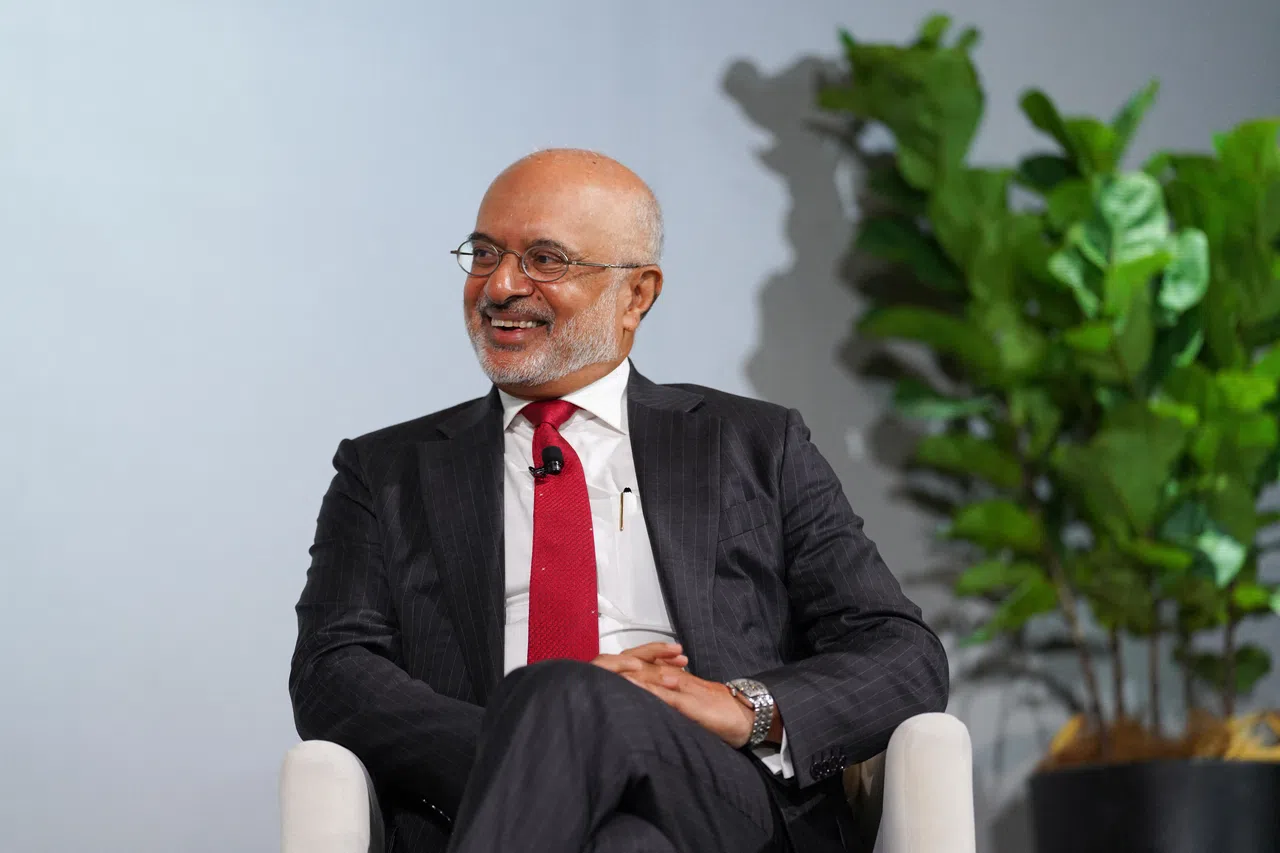LAST year, DBS had around 2,500 data scientists, analysts and engineers on its payroll. They formed part of the bank’s technology workforce, which is double the number of bankers it had.
This came as demand for data analysts, scientists and artificial intelligence (AI) specialists significantly outpaced supply, according to a Harvard Business School study from a DBS media release on Monday (Sep 16).
This global shortage led DBS to build its own talent pool to support its data and technology initiatives, said the study.
One initiative, launched in 2023, was the Data Chapter. The department centralises control over resources like budgets and staff, making it easier to manage and reassign data experts within the bank.
“We can take somebody who’s a good data scientist, who’s tired of doing human resources and wants to try and do compliance, for instance, and move them around,” DBS chief executive officer Piyush Gupta said.
The bank also trained employees on adopting AI in its daily operations, the study noted. For instance, employees participated in programmes to learn about the technical concepts in AI and around data use.
BT in your inbox
Start and end each day with the latest news stories and analyses delivered straight to your inbox.
Gupta highlighted that AI is becoming an “absolute game changer” in the way humans live and work.
Currently, DBS deploys more than 800 AI models across 350 use cases, said Gupta, who expects the measured economic impact of these models to exceed S$1 billion in 2025.
However, the bank’s adoption of AI was not without its challenges, the study highlighted.
In 2014, DBS experimented with International Business Machines’ Watson computer system, which was said to be capable of processing vast amounts of information and learning from each interaction at unprecedented speeds.
Gupta had wanted to process finance-related information and generate real-time advice on wealth management for clients using Watson.
However, the system fell short of his expectations as it “did not understand contexts well enough, was unable to read PDFs and graphs”, among other reasons.
Two years later, DBS invested in a startup that created a digital chatbot, which made “small but significant mistakes” when dealing with open-ended questions and answers.
To overcome this, the bank’s customer service officers asked close-ended questions and used the responses generated to address customer queries.
“This reduced the potential for errors and proved a more effective way to harness AI in creating value for the bank and its customers,” said the study.
Subsequently, DBS also began adopting machine learning to analyse data.
The study, titled DBS’ AI Journey, took eight months to complete and is the first of its kind on an Asian bank.
Professor Feng Zhu, author of the study, said: “The case study on DBS illustrates how AI technologies can potentially transform traditional industries… By integrating AI into core processes, companies can unlock new potential for customer-centricity and operational excellence.”



